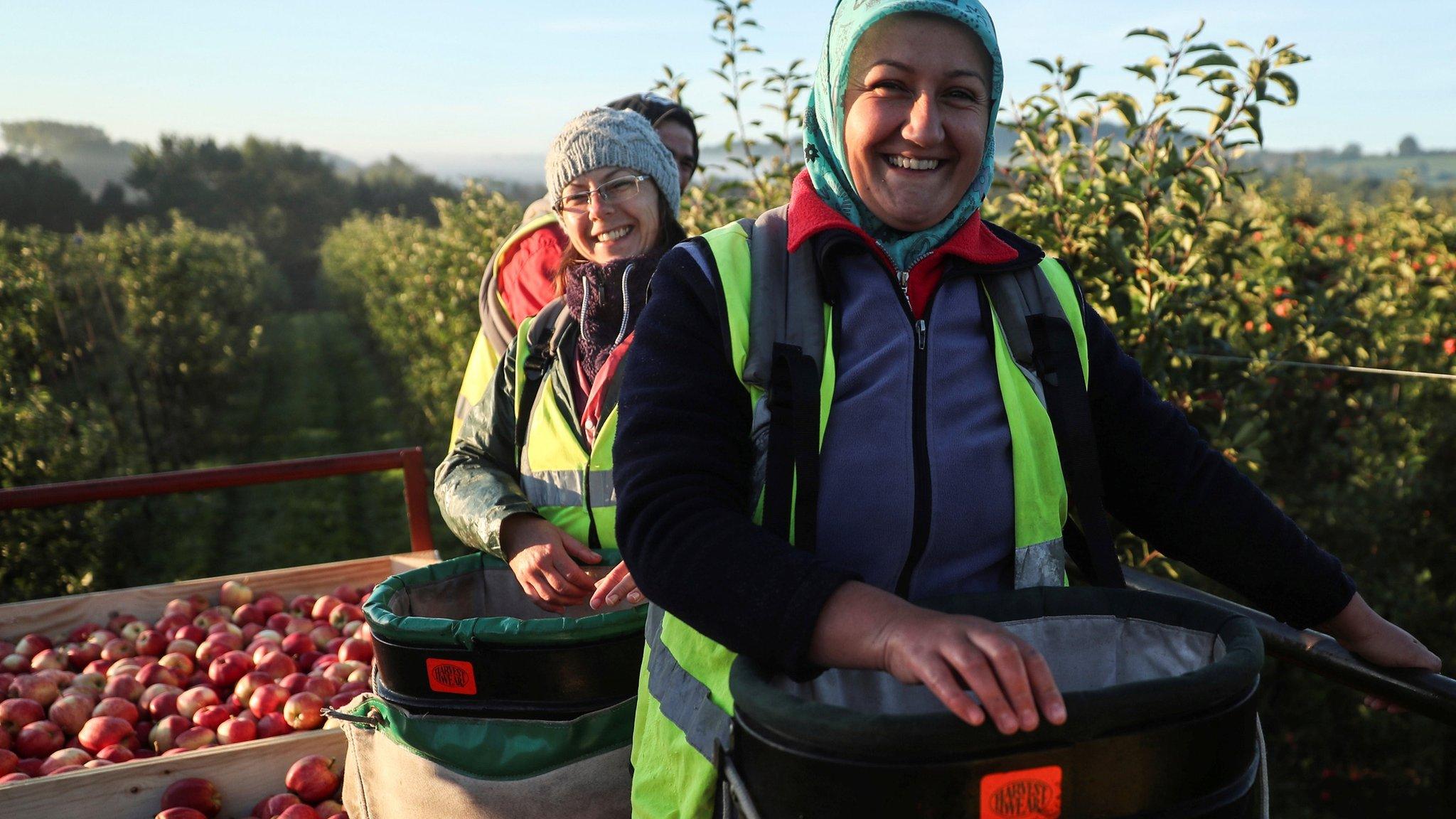Brexit: UK 'must fight' for Welsh farming - Lesley Griffiths
- Published
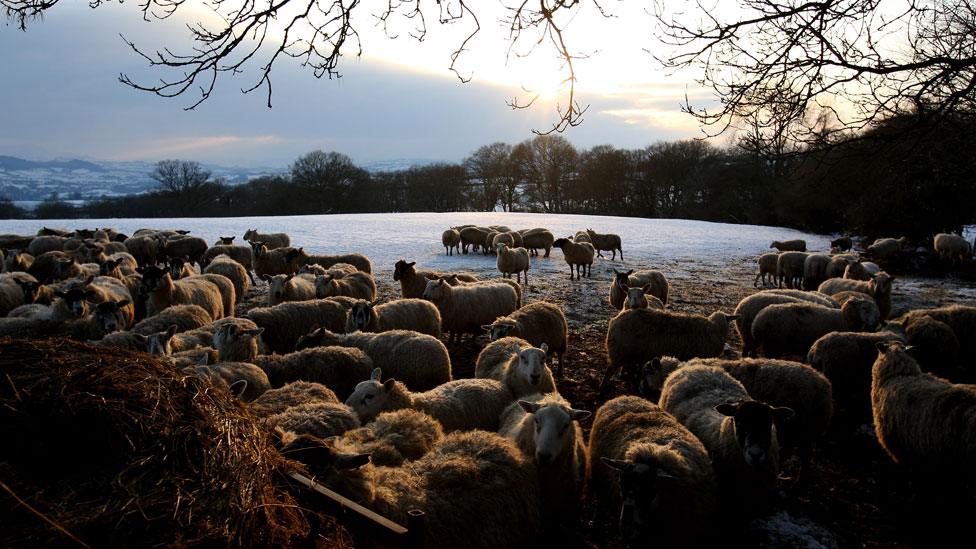
Currently 93% of Welsh lamb exports are to the European Union
The Welsh farming and food sector needs assurances from UK government it is listening to trade worries post-Brexit, the rural affairs secretary has said.
Lesley Griffiths met her UK counterpart in Cardiff.
She said negotiations take time but she needed to know the UK government would "fight" for Wales in trade deals.
UK Environment Secretary Andrea Leadsom said she would "seek the best" for Welsh farmers.
Ms Griffiths said Welsh lamb exports to the EU were worth £122m a year - 93% of its business overseas.
But she has concerns the industry here could lose out in talks and be "flooded with much cheaper imports from New Zealand" in a future free trade deal.
"It's up to the UK government to fight in those negotiations for all four countries," she told BBC Wales.
Rural Affairs Secretary Lesley Griffiths says farmers are concerned
Ms Griffiths said Wales was also involved in showing it was open for business.
"I'm visiting other countries to get trade agreements and the first minister is over in America next month and we want them to start taking our lamb again, but that has been seven years in progressing that," she said.
"We need to know there is some short term acceptance [by the UK government] of industry concerns."
Food and farming in Wales has been closely tied into the EU in terms of customers, subsidies and regulations, the details of which need to be unpicked as part of Brexit discussions.
It is an important sector for the Welsh economy and valued at £6.1bn, while employing 45,000 people.
The Welsh Government's Food Action Plan, launched in 2014, has the target of growing the sector by 30% by 2020, with exports being seen as a significant way to achieve that.
UK Environment Secretary Andrea Leadsom said she would seek the "best possible deal" for Welsh farmers
Until now, 40% of all the Welsh lamb produced has been exported to customers within the EU.
Brexit raises questions about whether that will change once Wales is no longer in the EU nor the single market.
Dai Davies, chairman of Meat Promotion Wales - Hybu Cig Cymru - echoed those concerns and is meeting with officials from Beef and Lamb New Zealand Ltd in Aberystwyth.
"We've already heard it could take a decade to leave the single market but it could take a further 10 years to open new markets," he told BBC Radio Cymru.
During the meeting in Cardiff, Mrs Leadsom said she was "very aware" of the concerns of farmers and the UK government would seek the best possible deal, working closely with the Welsh Government.
What is the food and farming sector worth to Wales? Here is a quick video guide.
Earlier, Ms Griffiths visited the St Merryn abattoir and meat processing site in Merthyr Tydfil.
It was seen as a feather in the cap for the then Welsh Development Agency when it opened in 1990, providing much-needed jobs in a period of relatively high male unemployment.
It takes in live animals from farmers across a wide area and supplies large UK supermarkets with beef and lamb.
It is owned by the Birmingham-based 2 Sisters group, owned by Boparan Holdings, and employs 23,000 across the UK with, until recently, 1,000 in Merthyr.
The plant has the capacity to process 2,400 cattle and 24,000 lambs each week.
In November, the company said there would need to be 350 job losses as it was moving some of its packaging work to its plant in Cornwall, which the BBC understands was about capacity issues.
The packaging area at Merthyr Tydfil was working at under capacity so it had become more efficient to transfer the work and run the Cornwall site at nearer to full capacity .
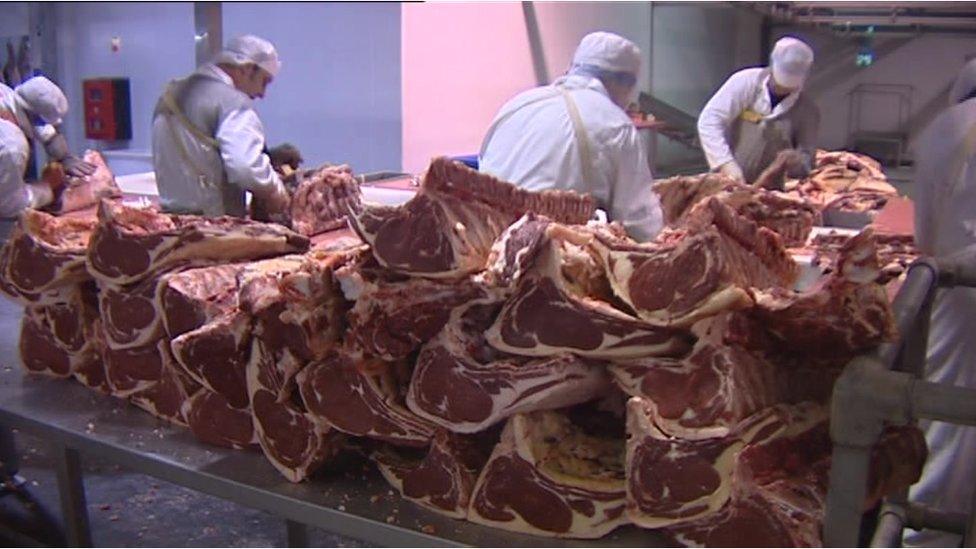
Supplying supermarkets, which are in turn up against rival retailers, is a very competitive business. However, the group's financial results for 2016 show a 58.2% increase in operating profits.
The packaging work at Merthyr Tydfil tends to be less skilled and paid around the minimum wage where as the slaughtering and boning processes are more highly skilled and attract higher wages.
More than half of the 700 workers now at the site are not born in the UK, with many from EU countries like Poland, Portugal and Lithuania.
Ms Griffiths said: "I've been listening to concerns of the management team.
"Trade agreements take many years but they have concerns not just about exports but the labour force - with 56% coming from the EU. So you can imagine they feel it's a perfect storm post-Brexit.
"But it is up to the UK government to have these negotiations and get the best deal for us."
- Published2 February 2017

- Published1 February 2017
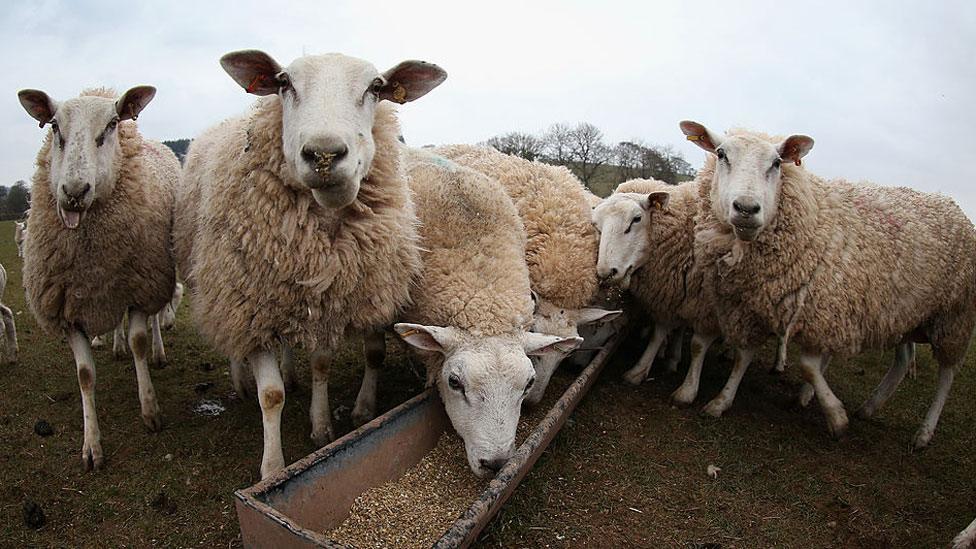
- Published18 January 2017
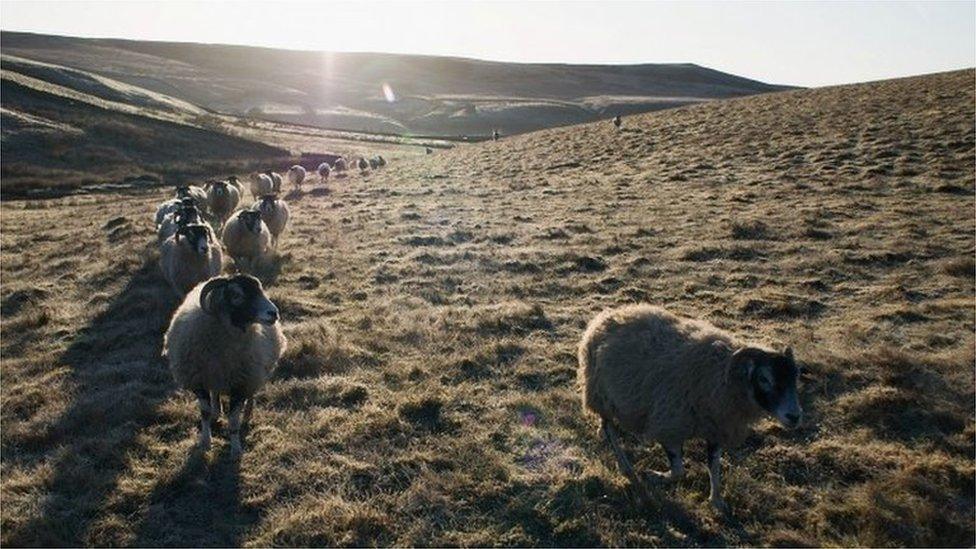
- Published6 October 2016
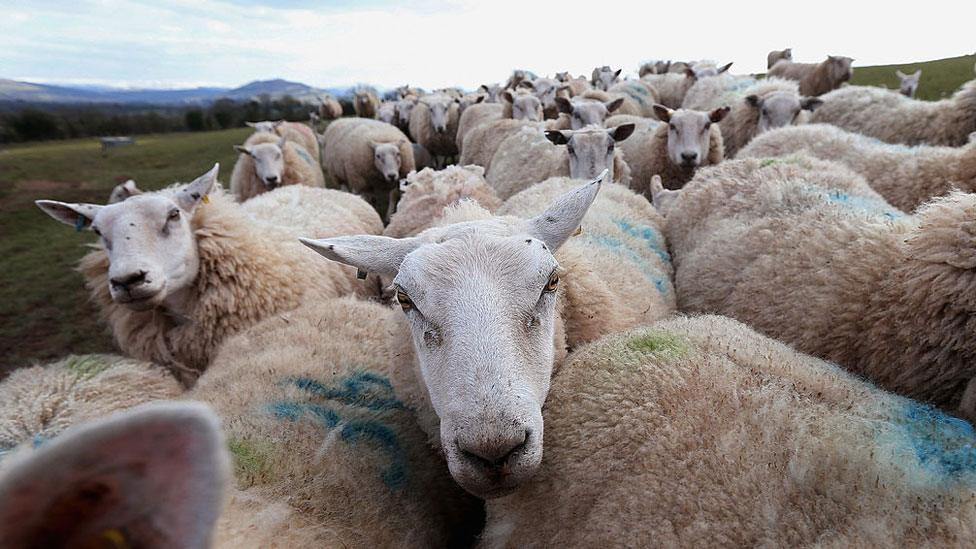
- Published18 July 2016
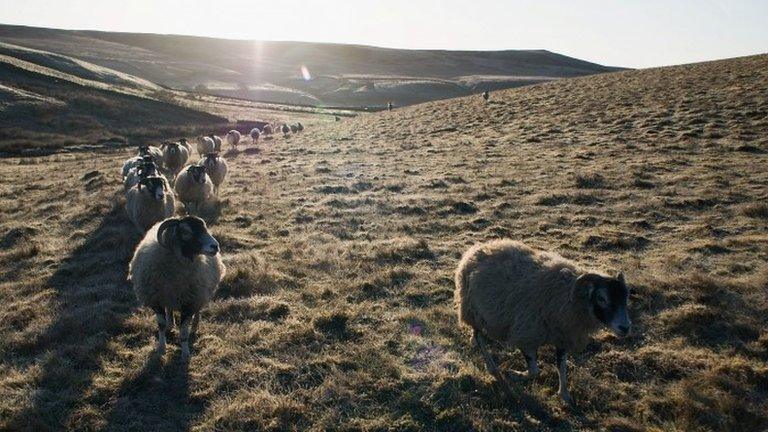
- Published1 November 2016
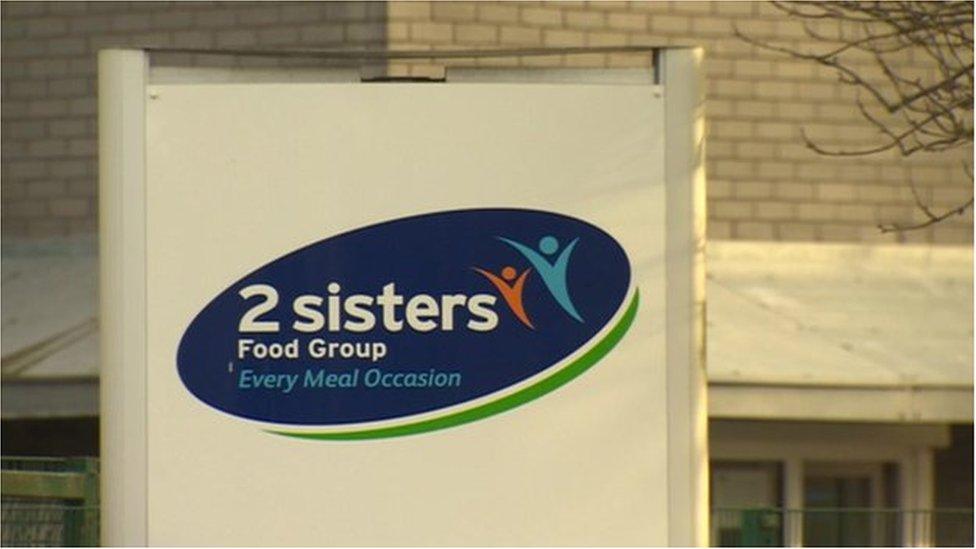
- Published12 June 2014
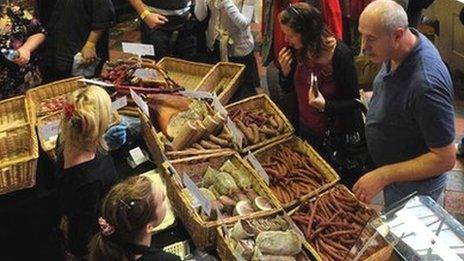
- Published9 December 2016
